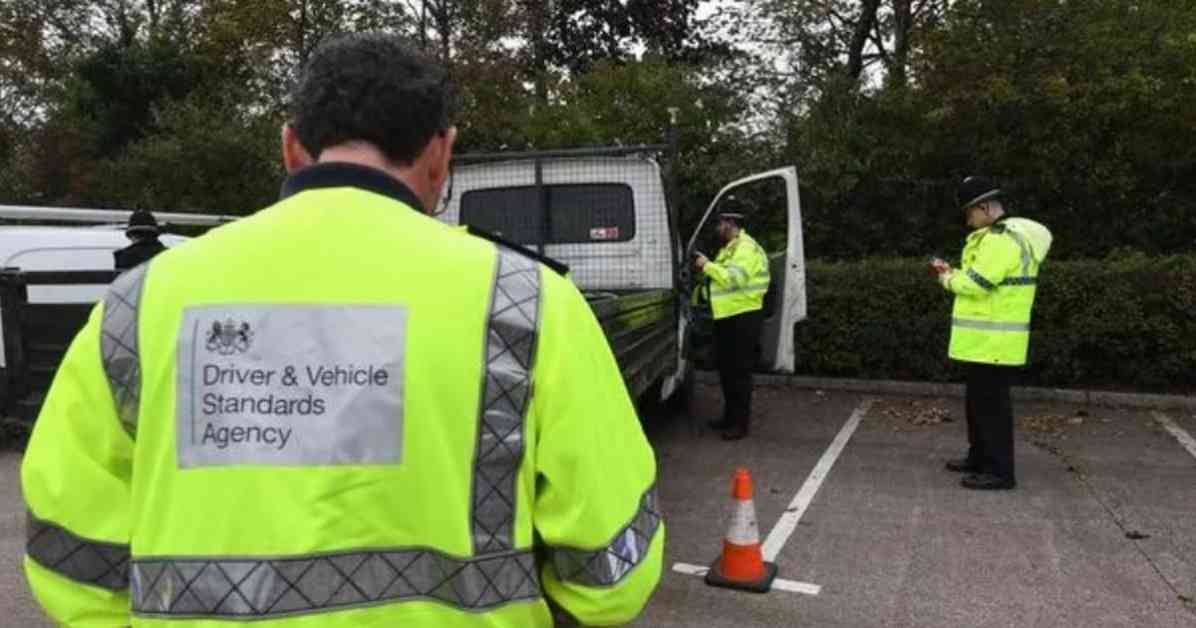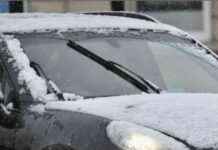Drivers and motorists have recently been reminded by experts at MotorMatch about the importance of updating their address information with the DVLA. Failure to do so could result in a hefty fine of up to £1,000. The specialists emphasized that having the correct address details on file is crucial, especially in the event of an accident, as it ensures that essential information reaches the right individuals promptly.
MotorMatch highlighted that the DVLA’s requirement to update address information extends beyond just the driving licence. It also includes the vehicle log book, direct debit for vehicle tax, and private number plate documents. Neglecting to keep these details up to date can lead to significant fines, making it essential for all drivers to stay vigilant about maintaining accurate information.
The experts at MotorMatch also pointed out that even temporary moves, such as relocating to university halls or moving in with friends for a semester, require an update of address details with the DVLA. This small step can prevent unnecessary complications in the future and ensure that records accurately reflect the individual’s situation. The process of updating address information is both cost-free and convenient, allowing drivers to continue driving while waiting for their updated licence.
In addition to updating address information, the DVLA advises drivers to be cautious when sending proof of identity with their applications. It is essential to only provide the necessary documents and to check the requirements on GOV.UK before submitting the application. If original ID documents such as passports or Biometric Residency Permits need to be sent to the DVLA, it is recommended to use registered post for added security.
Overall, staying compliant with the DVLA rules regarding address information is crucial for all drivers to avoid potential fines and complications. By taking the necessary steps to keep information up to date, drivers can ensure a smooth and hassle-free experience with their driving documents. Remember, it’s better to be safe than sorry when it comes to following DVLA regulations.



























